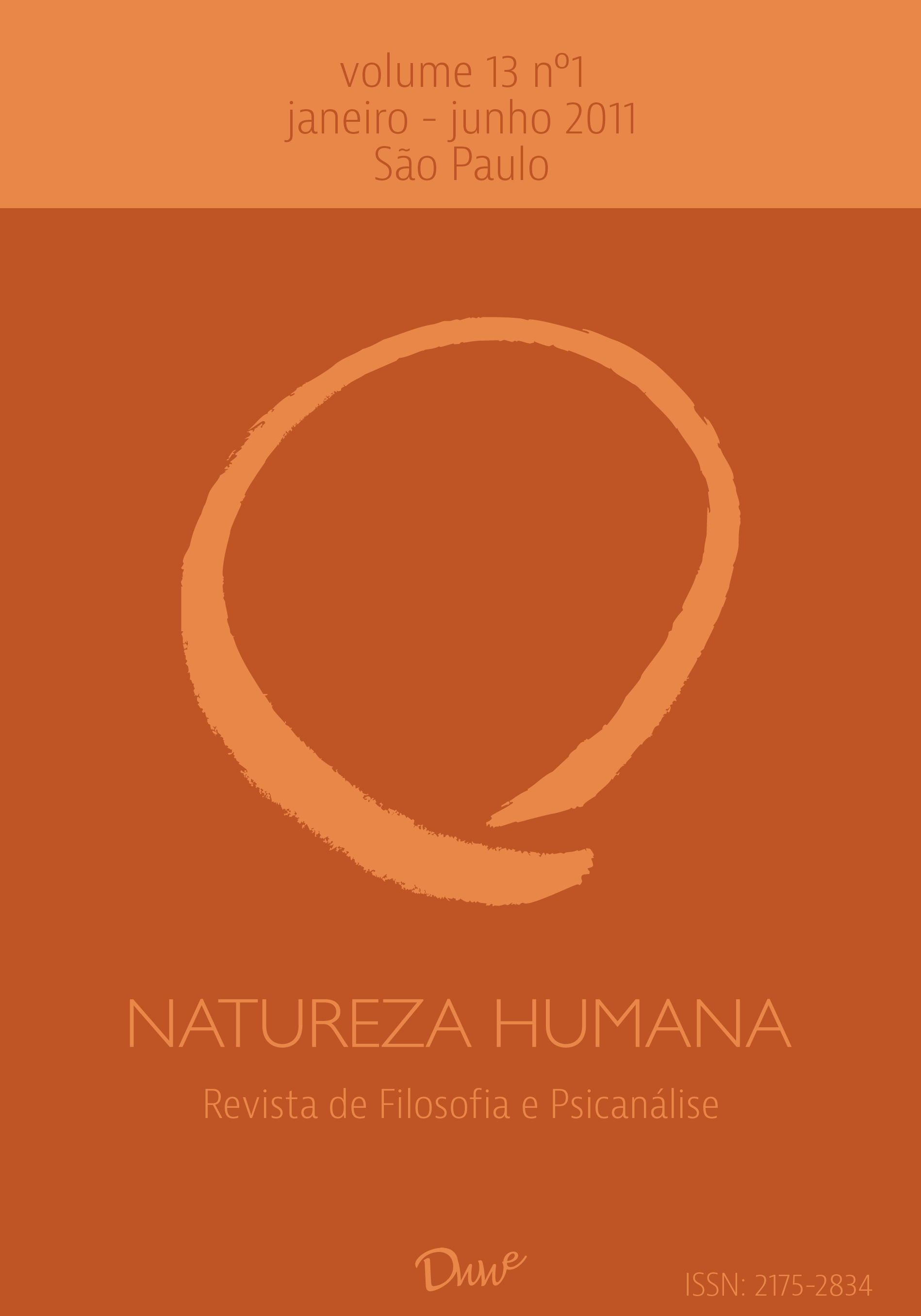Aspects of formal indicative thought: negation and justification
DOI:
https://doi.org/10.59539/2175-2834-v13n1-975Keywords:
Heidegger; formal indication; negation; testimony.Abstract
According to Heidegger, philosophical concepts have a formal-indicative meaning and the linguistic expression of these concepts results in propositions described as hermeneutic indications ( hermeneutischen Indikationen). Therefore, the formulation and justification of such a kind of sentences allow the introduction of formal-indicative notion of thought. In this paper, we examine two aspects of the formal-indicative thought: its negation and justification. Based on the problem of the origin of negation, presented by Heidegger in Was ist Metaphysik?, we sustain the hypothesis that in formal-indicative thought negation reveals a specific showing function that can be focused by approaching negation as a nihilating comportment instead of as a formal operation. This aspect allows us to introduce the question of the justification in formal indications from a non inferential point of view, but centered in a testimonial aspect which has to be linked with an apophatic and sigetic component of philosophical thought.Downloads
Published
2024-10-02 — Updated on 2011-10-02
How to Cite
Ramos dos Reis, R. (2011). Aspects of formal indicative thought: negation and justification . Human Nature - International Philosophy and Psychology Review, 13(1), 117–133. https://doi.org/10.59539/2175-2834-v13n1-975
Issue
Section
Artigos








